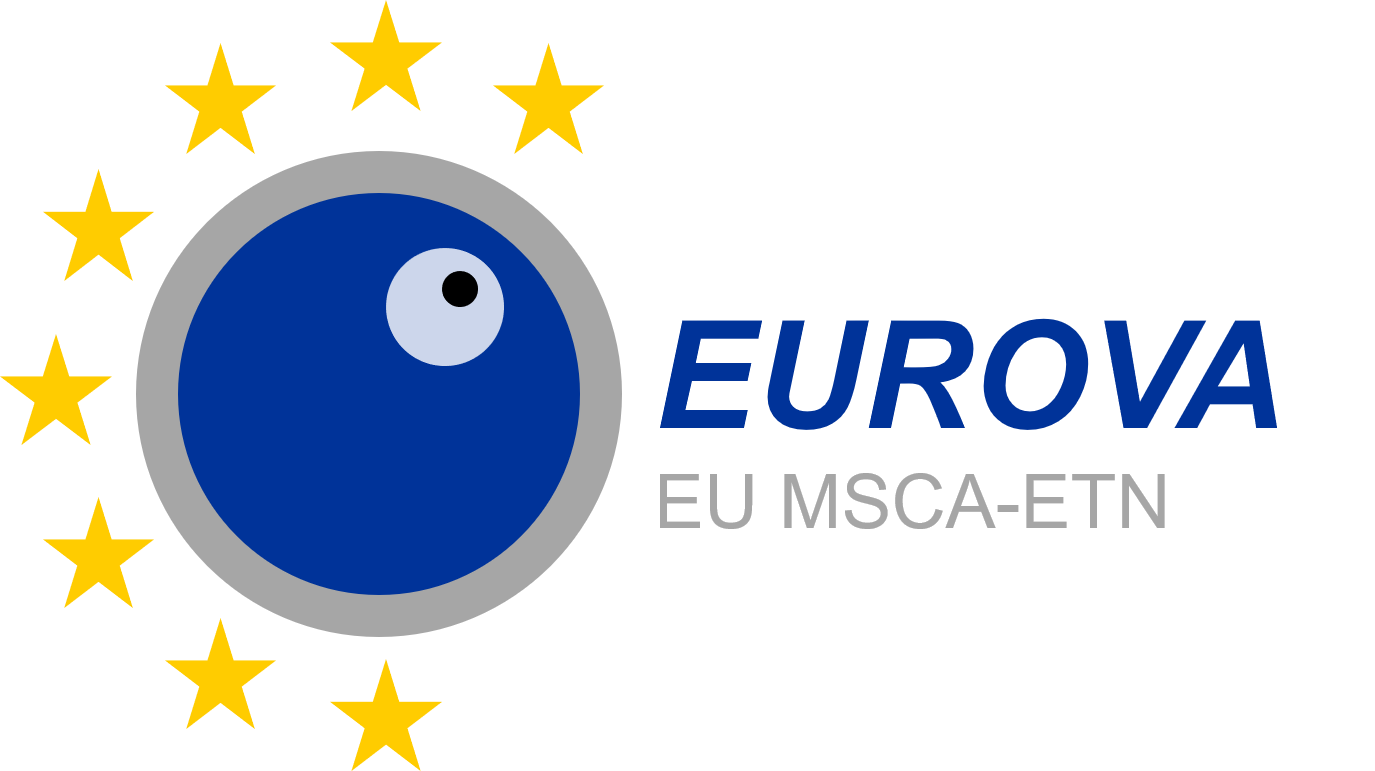Ms. Berta Cava Cami
ESR 13
Supervisor: Professor Ellen Anckaert, Vrije Universiteit Brussel
Planned secondments: Babraham Institute (3 months) & Ghent University (3 months)
Email: Berta.Cava.Cami@vub.be
Biography
I am Berta Cava, from Spain. I studied Biochemistry and Molecular Biology at the University Rovira I Virgili (Tarragona, Spain). In my last year, I moved to Scotland to develop my bachelor thesis at the University of the West of Scotland (Glasgow, Scotland) where I studied the effect of a bacteria species in preterm labor. This experience and the opportunity to become an embryologist trainee in a fertility centre allowed me to discover my passion for this field and the importance of translational research and more personalised therapies.
As I was fascinated about reproduction, I decided to pursue an MSc. in Cytogenetics and Reproductive Biology at the Autonomous University of Barcelona (Barcelona, Spain) where I developed my master thesis. The final goal of the project was to determine the effect of a phosphatase in the meiotic progression during spermatogenesis.
After finishing my studies, I worked as research embryology technician focused on vitrification of human oocytes matured in vitro at the Vrije Universiteit Brussel (Brussels, Belgium). This project aroused my curiosity about In Vitro Maturation (IVM) and joining EUROVA was a perfect opportunity to keep learning and developing my research career helping to enhance alternative fertility treatments.
My research
My project is focused on the development and safety analysis of optimized human IVM in presence of oocyte-secreted factors (OSFs). In vitro oocyte maturation can be offered to Polycystic Ovary Syndrome (PCOS) patients, as it requires no or minimal stimulation of the ovaries, eliminating the risk of ovarian hyperstimulation syndrome. Also, can be offered to cancer patients as fertility preservation treatment. However, live birth rates after IVM are still lower than conventional IVF, so there is a need to improve IVM conditions.
Addition of OSFs to the culture medium improves the developmental competence of oocytes in different animal models. Therefore, we aim to elucidate whether OSFs also improves IVM of human cumulus complexes from small antral follicles. Characterization of the maturation and developmental competence of oocytes will be assessed after IVM treatment with or without the addition of OSFs. Moreover, genome-wide methylation and transcriptomic analysis of cultured oocytes and cumulus cells will be performed in a collaboration with Dr. Gavin Kelsey at Babraham Institute in Cambridge.

